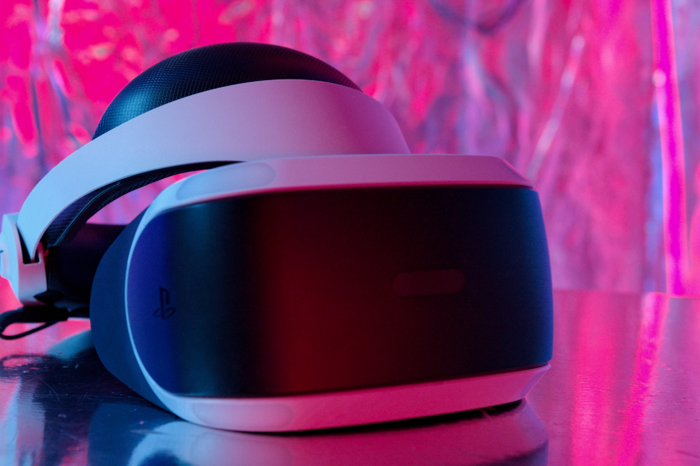
Corporate
3 ways to incorporate AR and VR into your next event

Michelle Mason, FASAE, CAE, has been at the helm of ASAE as president and CEO for nearly three years, and during that time, she’s drawn from her extensive experience to share insights on leadership and inclusivity in the association sector across the industry. In honor of Women’s History Month, Mason spoke with MCI USA Chief Strategy Officer Erin Fuller, FASAE, CAE, in a conversation that touched on the significance of seizing opportunities, the important role of mentorship in career growth, being intentional in finding your voice and how to stay dedicated to inclusivity within your association.
The following Q&A has been lightly edited for clarity.
What advice would you give women aspiring to leadership positions in the association sector or beyond, based on your own journey and achievements?
Become open to opportunities. Not everyone wants to be a CEO — I didn’t start on this path expecting to be one — but along my journey, I realized it could be a possibility, so [I asked myself] how do I get prepared so I can be ready when the opportunity presented itself? And then, when you get the opportunity and the platform, it is essential that we bring others along.
How did you start to find your voice as an executive in the workplace?
To me, feedback is a gift. [I received the feedback], ‘You do great work; however, you need to find your voice.’ What I learned — and I can label it now — is that I had imposter syndrome. I had a seat at the table. I was a vice president, and I would not say anything because I was afraid to voice my opinion. I really had to find myself. And so, I went on this journey of exploration, and it required me to move from Washington, D.C., to Milwaukee to take a new job. It provided me with the space to find my voice.
Do I still feel that way sometimes? Absolutely. There are times when I'm at that table, and I'm reminded of that feedback, and I sometimes encourage myself to at least ask one question. I’ve learned that the only bad question is the one you didn't ask.
How has mentorship played a role in your career, and how do you see mentorship as a tool for empowering the next generation of women leaders in our industry?
Mentorship is a very important tool. I am where I am because of being mentored. It's helped me in so many ways. The concept that is resonating with me now is reverse mentoring. I'm a perpetual student. I love to learn, and so reaching out to younger generations to learn from them is very important to me. Mentorship is definitely a tool you should use for different seasons in your professional career.
Based on your observations and experience, how can associations best position themselves to leverage future opportunities and growth?
We're using the term VUCA (volatility, uncertainty, complexity and ambiguity) a lot at ASAE. We all need to be comfortable saying, ‘I don’t know’ and working with others in partnership to identify the answers. Being able to own that and understand that’s the space we’re in as associations is very important, but it also reminds us that associations are businesses. Because of the level of complexity we're dealing with, we had to bring this entrepreneurial mindset to our work now and lean into new skills. Because of AI, I think that essential skills, or soft skills, are more important now than ever before. For two years, we were working from home, and some are still working remotely 100%, so we have to demonstrate, exercise, flex with a different level of empathy and grace. There’s just so much that's happening in our world, and people are showing up in a very different space now.
We’re currently in a time where many DEI departments and initiatives are being disbanded across many industries. How can associations stay dedicated to their efforts of inclusion, equity and belonging when members are savvier to performative actions and the future of DEI is being threatened?
It's time for us to double down, to continue to articulate the business case and quantify DEI. We know organizations that are diverse perform better, so that's part of the business case. Align it with the values of the organization — who you are and what you believe in. We also have to strategically think about it; it's not just race, it's not just gender, it's not just age. It's about including different ideologies and different perspectives, too.
The efforts will be considered performative if you start to lessen your focus on DEI. At ASAE, we reframed our DEI efforts, now calling it ‘conscious inclusion’ because we want to be very intentional about our level of inclusivity organizationally. And we do that strategically. We do that in terms of board composition and our committee and council composition.
Look across your organization and really focus on intentionality. That’s how you expand your thinking. And it's OK if someone has a different perspective. Seek first to understand, but that person should not be excluded from participating in key conversations. I believe that feedback is a gift. That's how we grow. That's how we can become better not only as individuals but as organizations. And you do that through being inclusive and having an open mind and perspectives.
Great ideas start as conversations
Get in touch